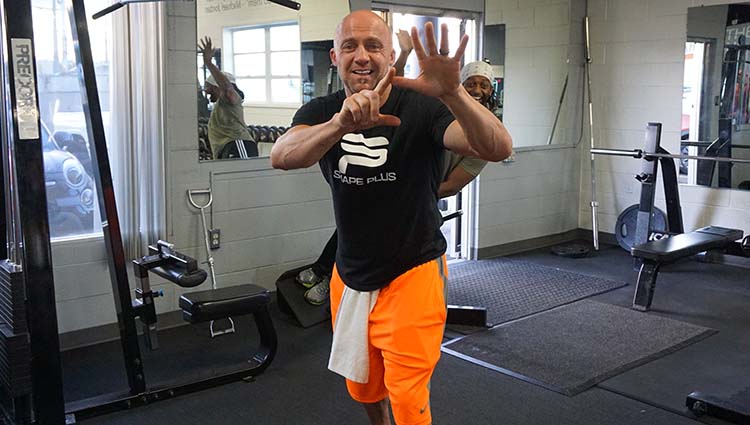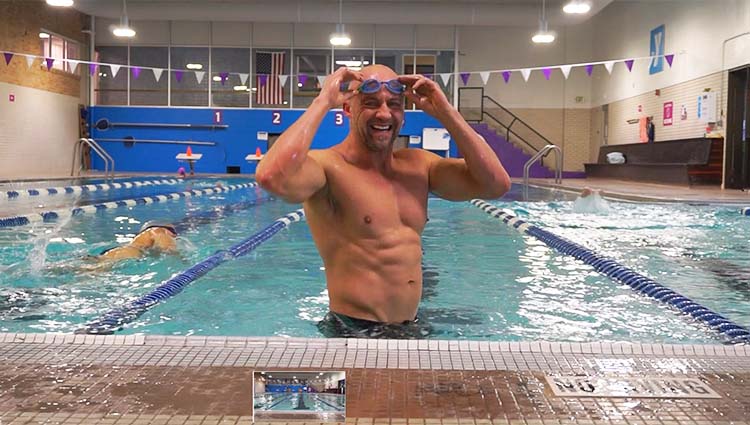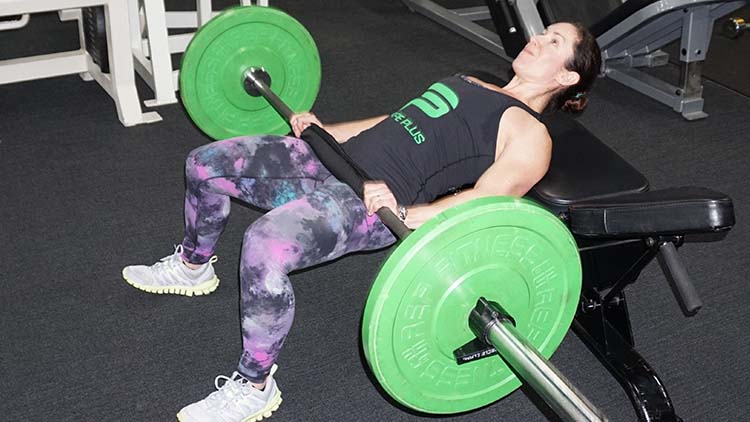Diet, exercise and sleep are the most important aspects of weight loss. The introduction of alcohol into your system affects them all negatively.
Alcohol provides no useful nutrition with its calories
Alcohol, unlike other caloric foods provides no useful nutrition with its calories. Carbohydrates and protein have 4 calories per gram. Fat has 9, and alcohol contains 7. Alcoholic drinks often contain calories from other sources which add to overall caloric intake (mixers).
Your body stops burning fat and considers alcohol breakdown it’s priority
After your first drink, the body starts to get rid of alcohol quickly by breaking it down into by-products. These by-products are highly reactive and can increase oxidation throughout your body, especially in the liver. Your body sees these as dangerous and wants to get rid of them first. This causes your body to significantly reduce fat burning up to 75%!
Alcohol can reduce testosterone levels and make weight loss more difficult
Alcohol can reduce testosterone levels which has an effect as a fat burner. Lowered testosterone means having a lowered metabolic rate which, in turn, promotes body fat storage. It impairs the body’s ability to absorb nutrients, and without proper nutrition, your metabolism won’t function normally. This results in a decline in your basal metabolic rate, making weight loss more difficult. Individuals with a higher metabolic rate burn more calories even while resting.
Dehydration and fat storing can leave you fatigued
Your body will also stop using carbs as energy and the carbs and fat you eat have an increased risk of being stored as fat. As drinking continues, fluid loss will generally become more significant, causing dehydration that may affect you for several days afterward. With heavy drinking, the breakdown of alcohol can occur for up to 48 hours after your last drink. This causes less glucose to reach your brain and working muscles, making you more tired and quicker to fatigue.
Lack of deep sleep and and poor decision making
Alcohol consumption can have negative effects on neurotransmitters which allow you to sleep, causing a disruption in deep rest, which can also have a negative effect on weight loss. Alcohol can also have an effect on the inhibitors which can affect choices made by the user. While feeling the effects of alcohol, users may not stop to consider poor food choices which will add additional calories to the diet hindering weight loss. Due to the lack of nutrition, but increase of calories, the user may crave other foods which will add more calories to the diet. Usually the foods that accompany alcohol consumption tend to be salty and fatty which will work against weight loss.
Considering the three most important aspects of weight loss are diet, exercise and sleep, drinking alcohol can have a negative effect on your weight loss journey. If you want to lose weight quickly, it is probably best to stop drinking altogether until you have hit your weight loss goals. You’ll feel much better and get the results you want much faster than when you consume alcohol.





